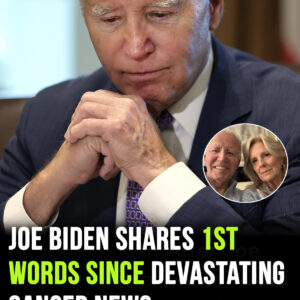Treasury Secretary and Congresswoman Spar Over Data Access in Heated Exchange
A recent congressional hearing took a dramatic turn as Treasury Secretary Scott Bessent and Representative Maxine Waters exchanged sharp words over concerns about access to sensitive financial information.
During the hearing, Waters questioned whether a government efficiency department—referred to during the session as “DOGE”—had unrestricted access to confidential financial data from departments like the Treasury and the IRS. She suggested that these individuals were not subject to standard clearance procedures.
“Do you know the level, type, or nature of the clearances and security training required for individuals to access the information held in the computers of Treasury, IRS, or CFPB?” Waters asked.
Bessent confirmed that he was familiar with the protocols but pushed back against the characterization of their access as “unfettered.”
“They were granted read-only access, under strict supervision,” he explained, before being cut off.
Waters, visibly frustrated, accused the Treasury of letting “strangers” into the agency’s systems. Bessent countered by clarifying, “There’s no such thing as a DOGE employee. Everyone you’re referring to reports directly to me.”
The exchange took a lighter turn when Waters asked if the two had ever met before. Bessent reminded her they had once crossed paths during a New Year’s Eve celebration in the Bahamas.
“You were much better at the electric slide than I was,” he joked, referencing the dance they shared. Waters, 86, laughed off the moment, noting she didn’t recall the encounter.
Despite the tension, Bessent remains a popular figure in public service. A recent J.L. Partners poll ranked him as the most favored member of the presidential Cabinet, with a net approval rating of +14. Health Secretary Robert F. Kennedy, Jr. and Intelligence Director Tulsi Gabbard followed closely behind with +8 ratings.
Public support for the current administration appears to be growing as well. Another survey indicated that the President’s approval ratings rose significantly in April, particularly among younger voters and communities of color. The data suggests increased favorability among voters aged 18–29 and a notable rise in support among independent and Democratic-leaning voters.
As the hearing concluded, no official decisions were made regarding changes to agency access or data protocol. Still, the passionate discussion underscored ongoing concerns about transparency, oversight, and cybersecurity in government operations.





